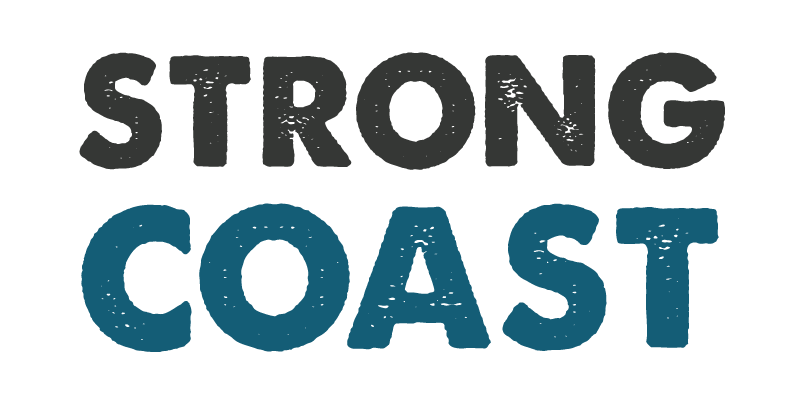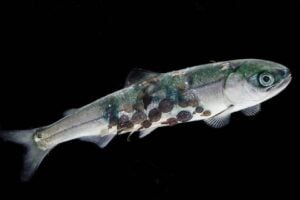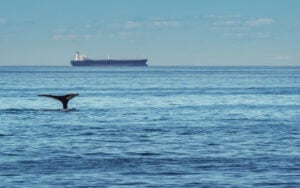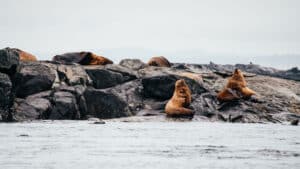
Scotland has launched talks on restricting or banning trawlers in 20 Marine Protected Areas off its coast, joining a growing list of countries that are working to protect their seabed from bottom trawling.
If the Scottish ban proceeds it would boost protections in its existing MPA network. Scotland says its MPAs now protect 37% of Scotland’s seas, but critics say call it “bluewashing.”
A ban on bottom trawls would “guard against further biodiversity loss, help to restore high priority marine features and make a greater contribution to supporting and maintaining the marine ecosystem, which in turn supports our long-term food security,” said government member Gillian Martin in the announcement.
Trawling involves dragging a massive and weighted net over the seabed, catching everything in its path and causing severe damage to the seafloor moves across. It is highly efficient from an economic standpoint, but the damage it causes has been controversial since the 14th Century when concerned citizens petitioned to have it banned in England because “of the destruction of the fisheries.”
The waters off BC are not yet on the no-trawling list, even though bottom trawling is already restricted or banned in many parts of the world, including the Antarctic; parts of the South Pacific; and several countries, including Venezuela, New Zealand, and Australia. However, enforcement and regulations vary among countries. Last spring, Greece became the first country in Europe to ban bottom trawling outright in its MPAs. In June, as Strong Coast reported, Sweden banned the practice in all Swedish territorial waters. The European Union has pledged to phase out bottom trawling in all MPAs in all EU countries by 2030.

The United Kingdom, where opposition first arose centuries ago, remains a special case. Some areas, like Dogger Bank, are protected. But as Strong Coast previously reported, “bottom trawling in the United Kingdom has been an unmitigated disaster.” In fact, one study found that bottom trawling had taken place in 98% of the United Kingdom marine protected areas and noted that critics called the Scottish government’s claims of MPAs protections “bluewashing.”
Scottish Conservatives have criticized the government’s consultation, have called the government’s proposed ban on trawlers “reckless,” and are calling for more research.
Conservation organization Oceana UK, which has campaigned for a ban on trawling, applauded the consultation. “These ocean havens are home to some of Scotland’s most incredible marine wildlife, and this is our chance to restore, replenish and regenerate Scotland’s seas,” executive director Hugo Tagholm told reporters.
With the ocean stressed by global warming, pollution and overfishing, said Tagholm, species “urgently need areas that provide a chance to regroup and build resilience.”
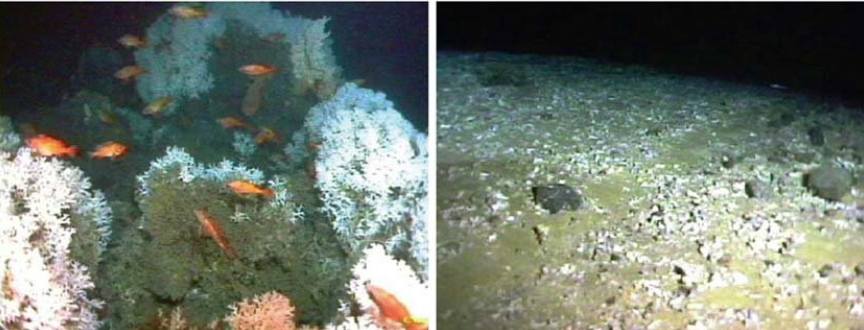
“Bottom trawling is brutal,” said Tagholm. Bottom trawlers scrapped the seabed of Scottish offshore MPAs for almost 6,000 hours last year, said his organization. “So-called protected areas are decimated, as the living seabed is destroyed and along with it vital refuges for wildlife and the foundations of ocean health,” said Tagholm.
Oceana cited research about the “spillover” benefit of MPAs in England, that showed “where reef features alone were protected from bottom trawling, the abundance of marine life increased by a small amount: 15%,” reported Insider.co.uk. “But in areas where the entire seabed was protected across the whole site, that figure was 95%.”
Read the Strong Coast Explainer on bottom trawling here. https://strongcoast.org/what-is-bottom-trawling/
Read the Scottish Government press statement here: https://www.gov.scot/news/consultation-on-offshore-marine-conservation-measures/
Read insider.co.uk news story, “Scottish Government proposes trawling bans at 20 fishery sites, here.
Read the National Geographic Newsroom story, First in Europe: Greece Bans Bottom Trawling—“Single Greatest Threat to Marine Habitats”—in All Marine Protected Areas by 2030, here.
